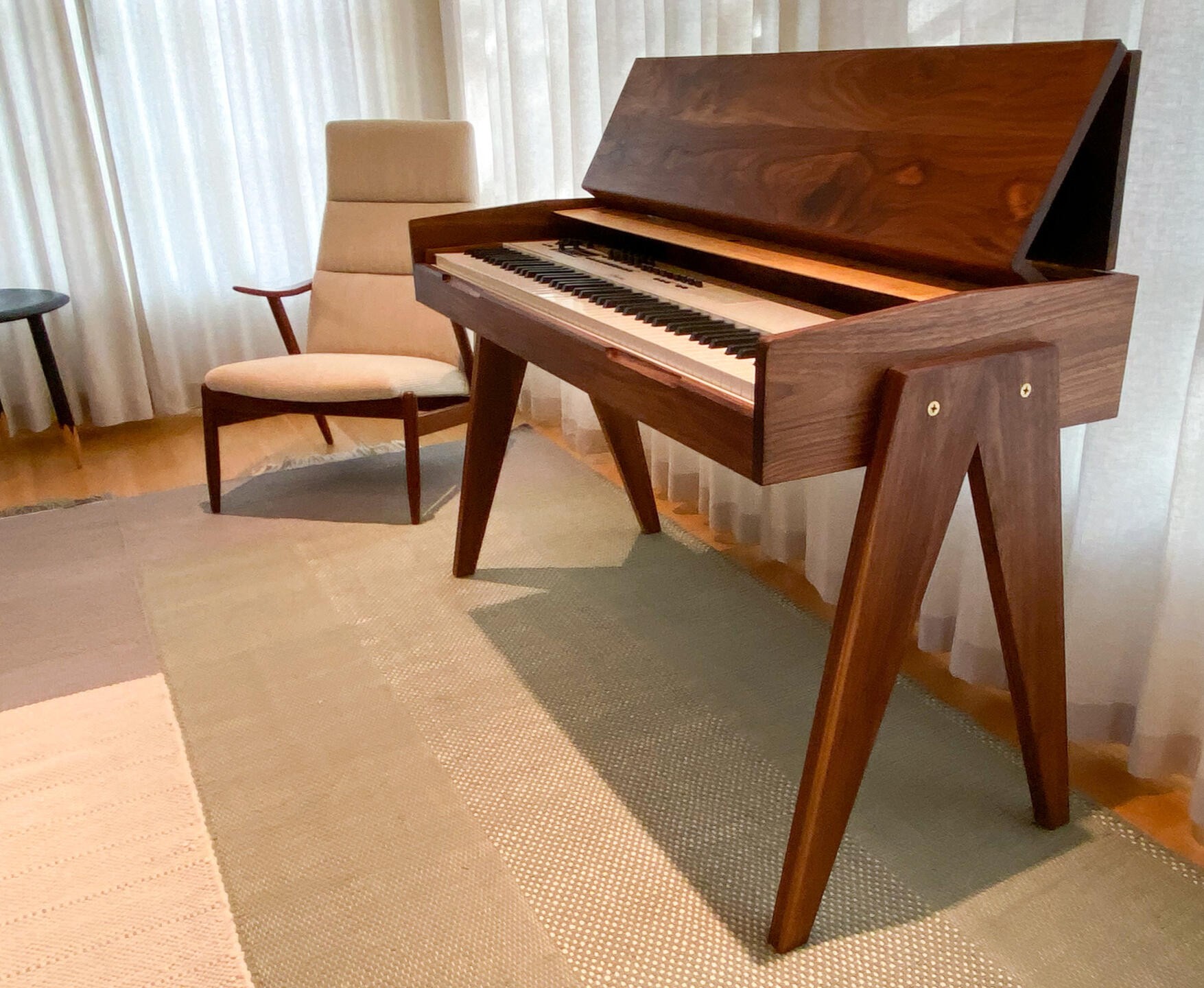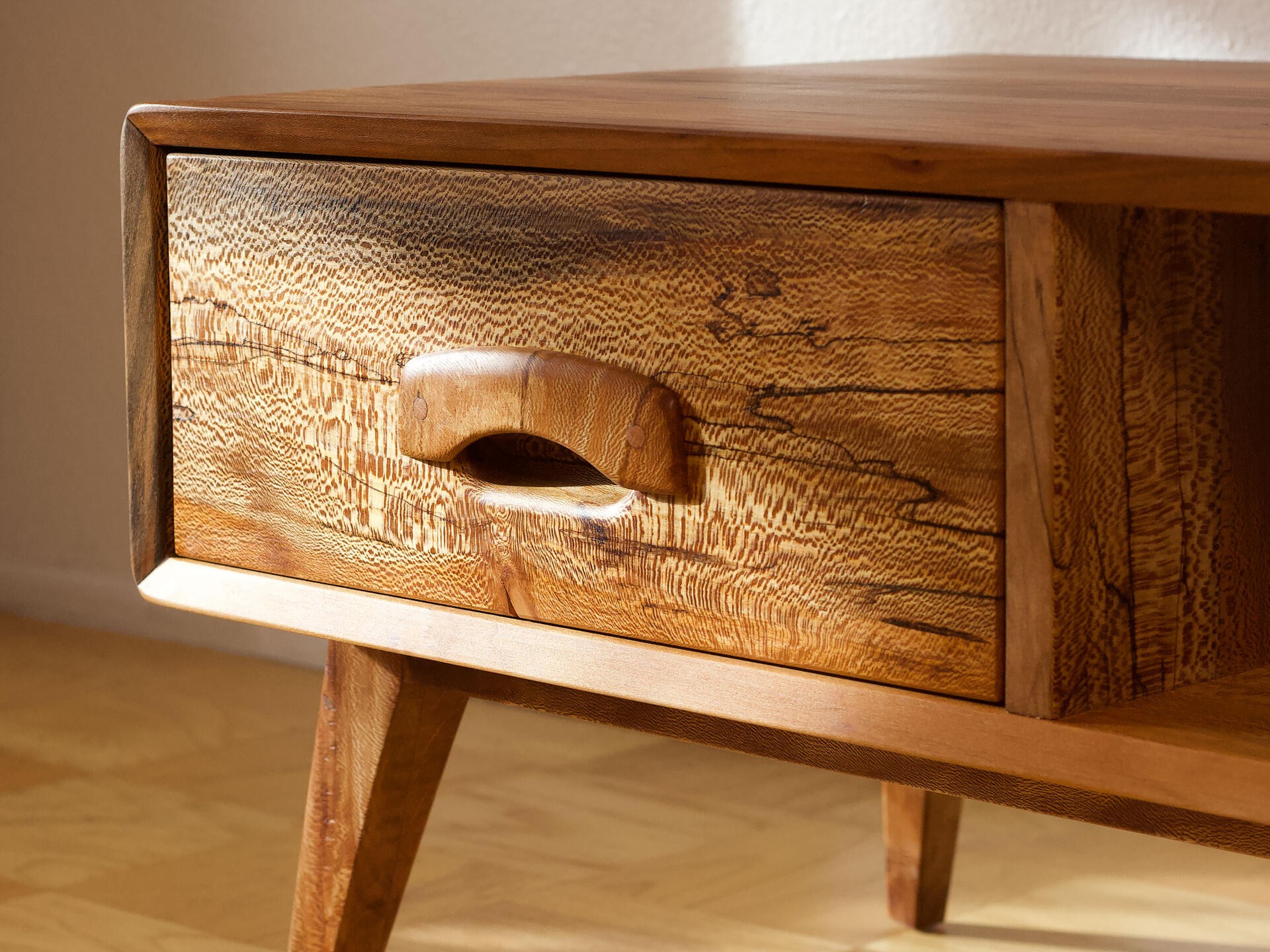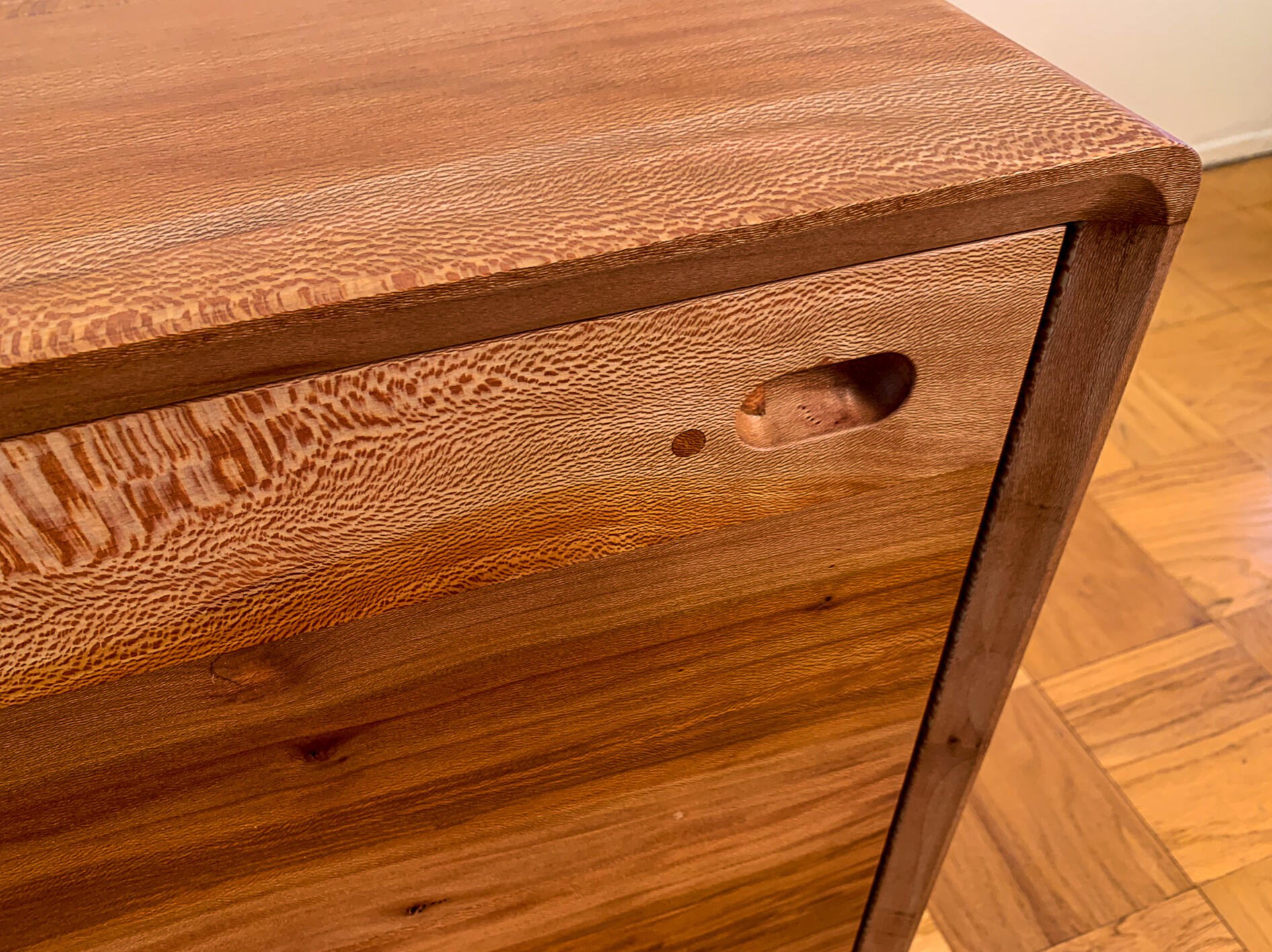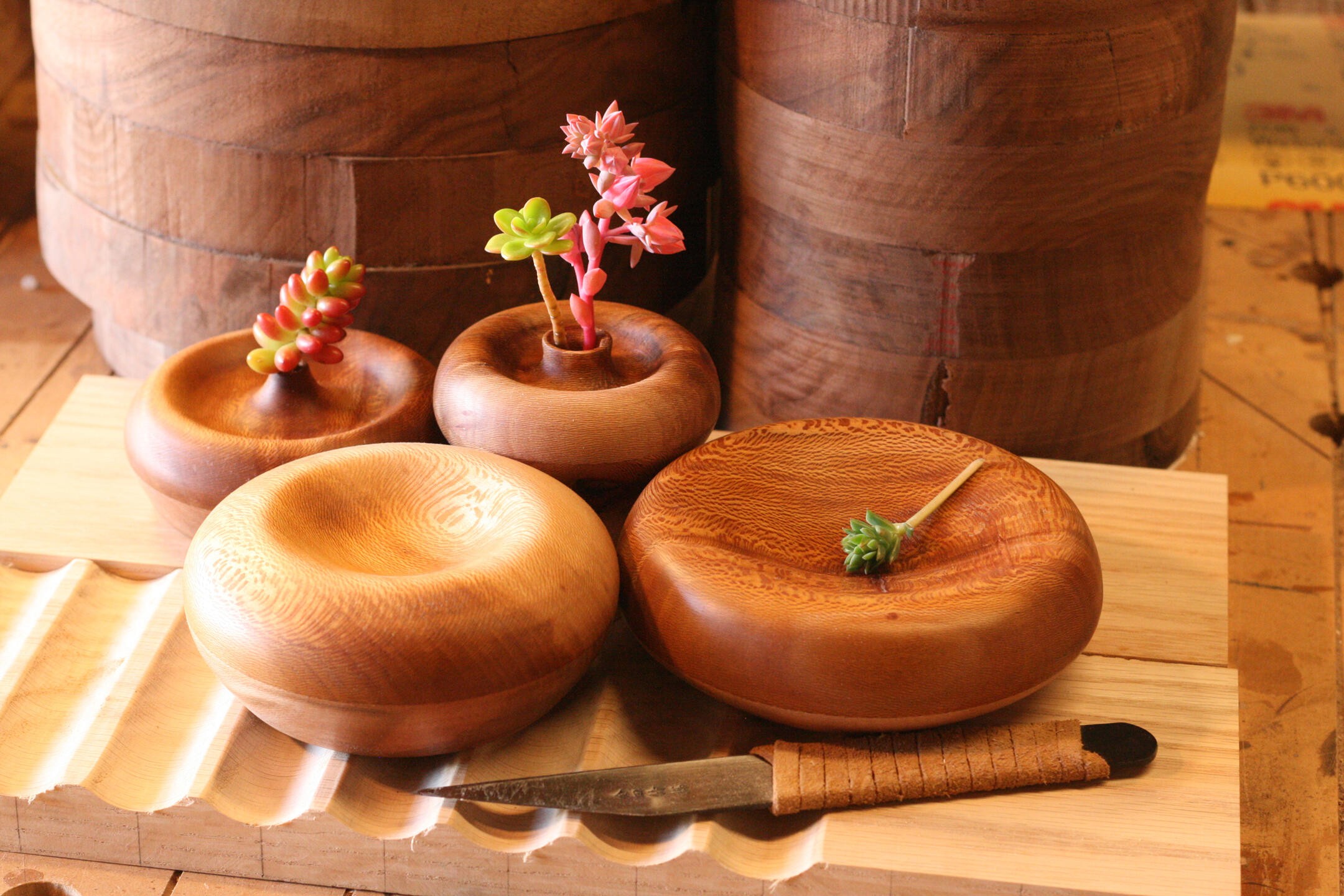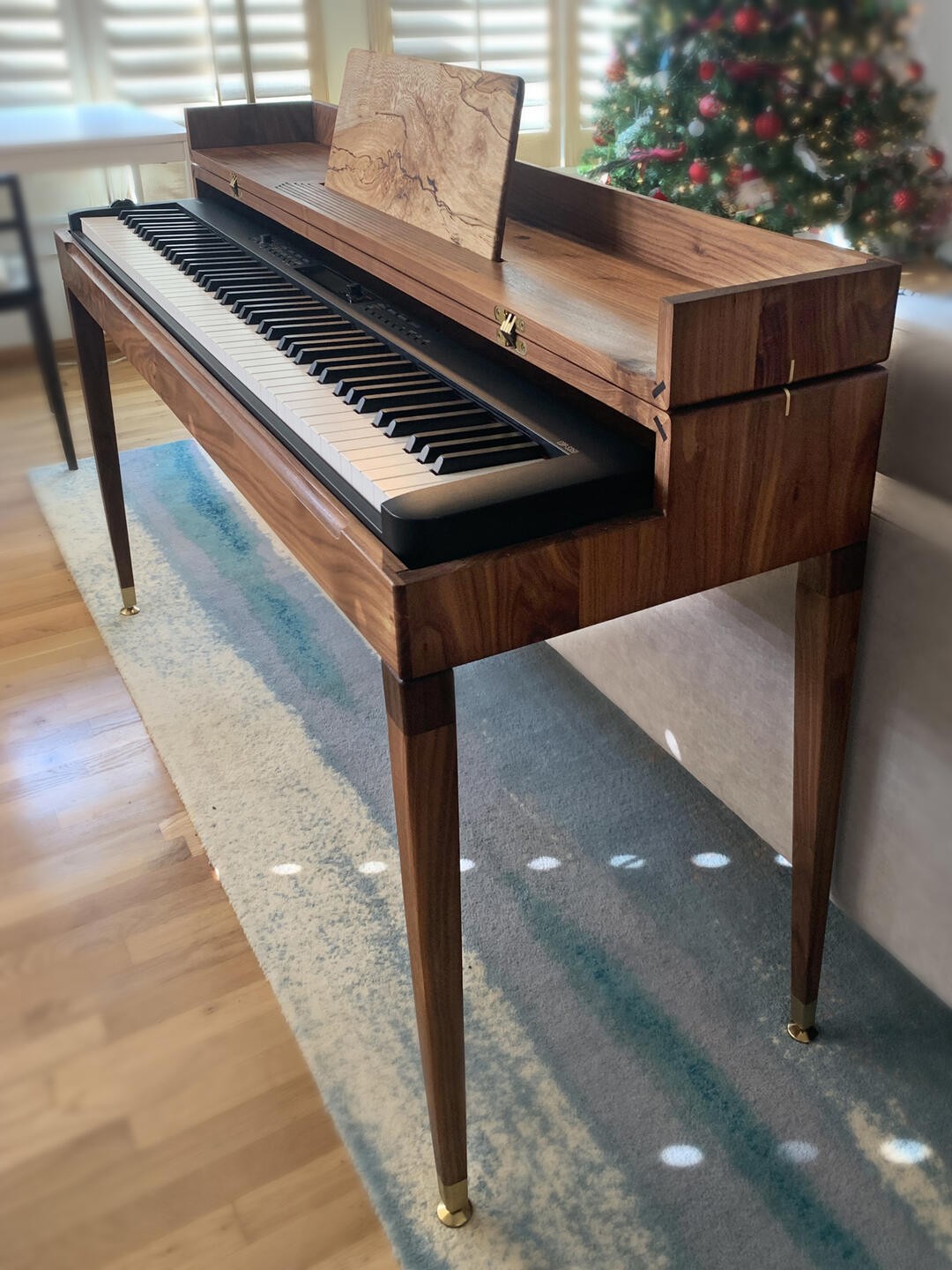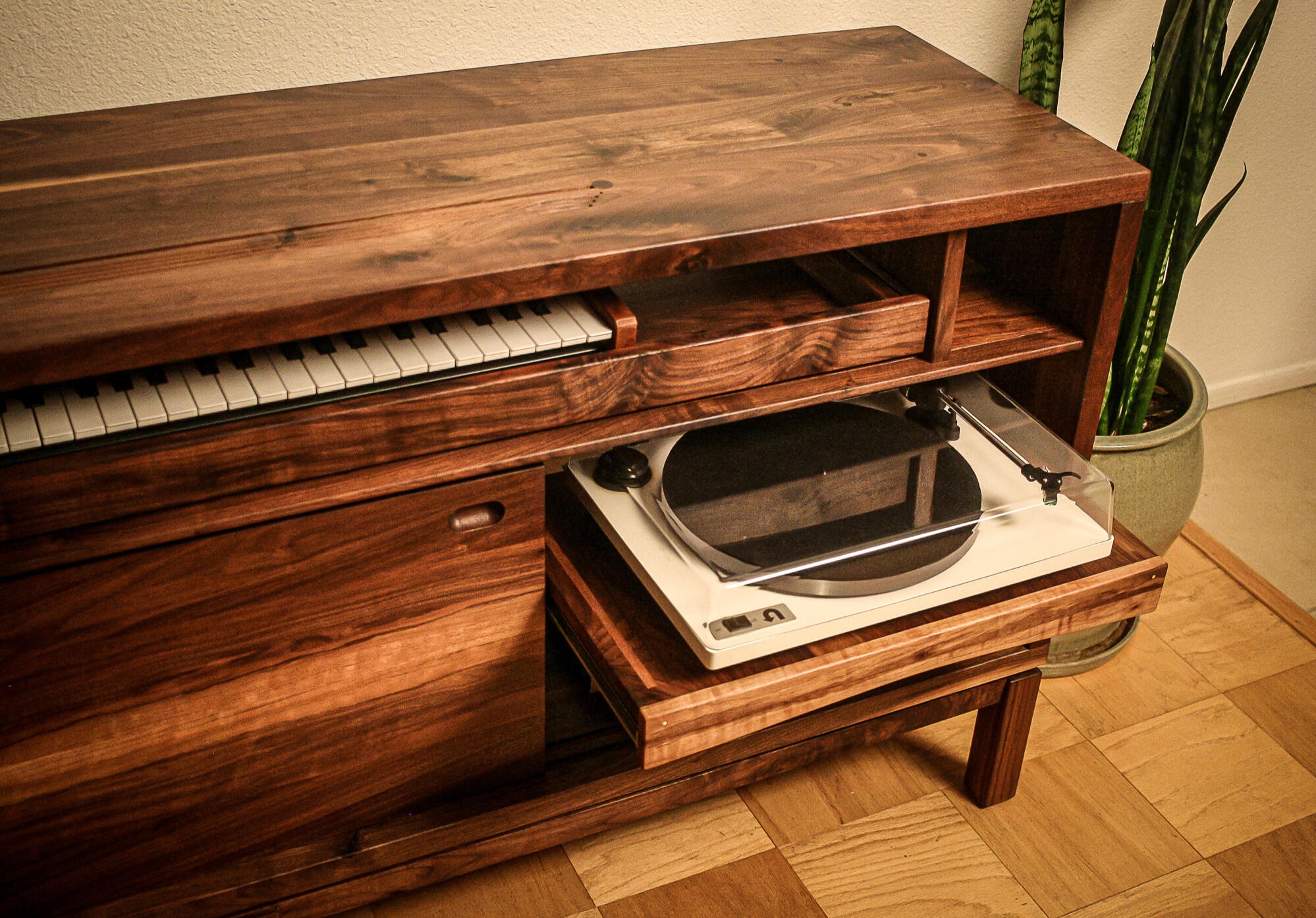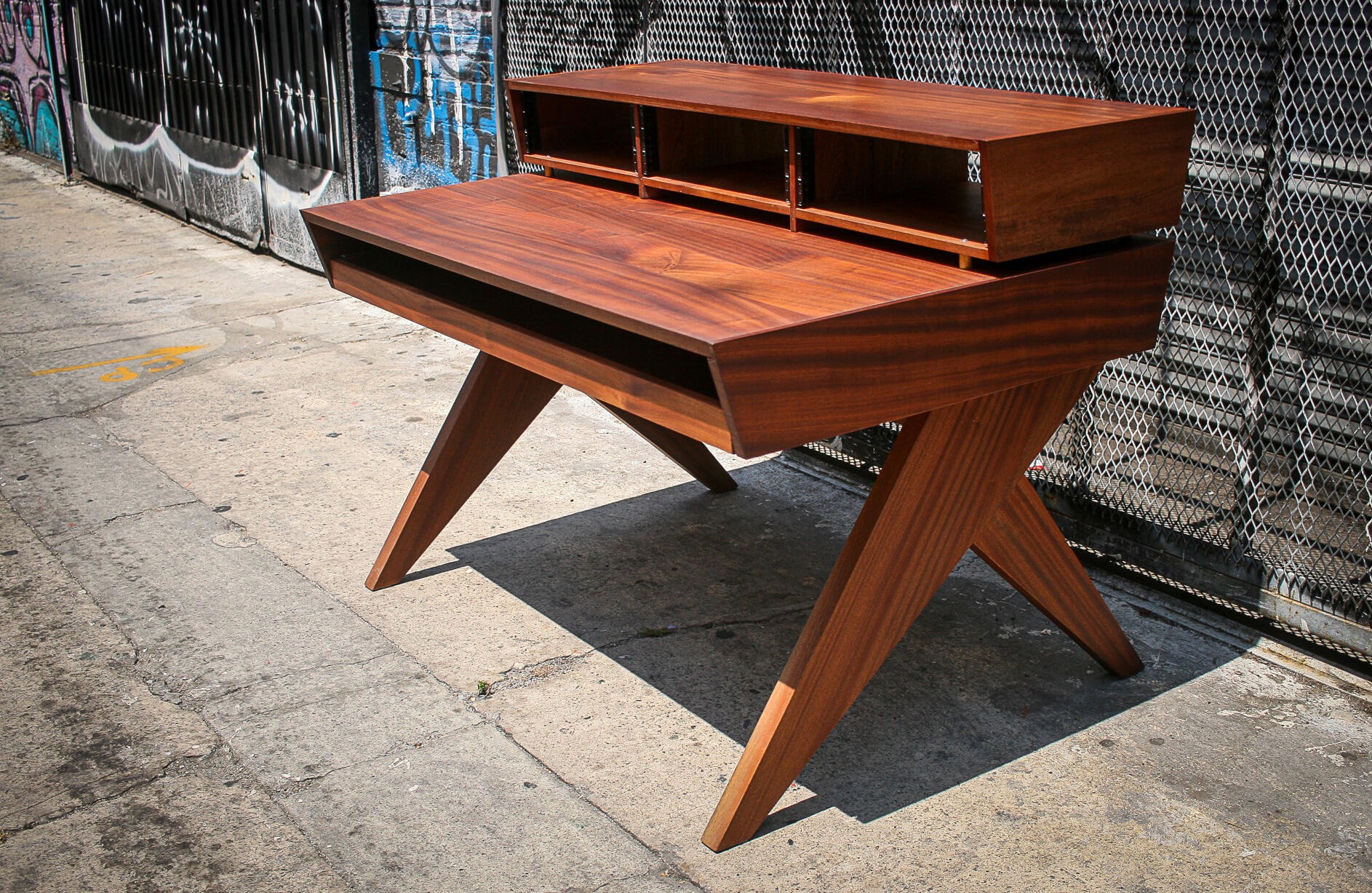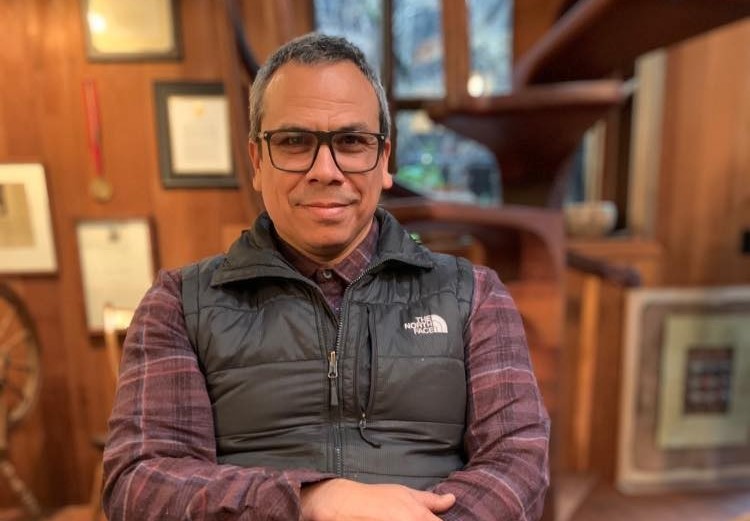

Today we’d like to introduce you to Esteban Chavez.
Hi Esteban, thanks for sharing your story with us. To start, maybe you can tell our readers some of your backstory.
My artistry as a craftsman has roots in my experience as a musician.
I was very fortunate to have parents who nurtured artistic expression in my youth, and I started playing piano, keyboards, and synths at a very young age.
I played in various bands in my teens and through college and was blessed to have the opportunity to play live quite a bit and share the stage with some big acts.
I fell in love with analog synths and electromechanical keyboards. Back then, you could get all that old gear for free or next to nothing. This was the early ’90s, and at that time, I did not have money to buy a new keyboard, so I would collect old Hammond Organs and Fender Rhodes, fix them up, and take them out. This was where my love and appreciation for good design, craftsmanship, and engineering was born. These old electromechanical keyboards are beautiful on the inside… fixable, tweak-able, simple… timeless.
Being a keyboardist and hauling around all that vintage gear to play out with was quite a labor of love, and I would not trade those experiences for anything. Nothing compares to playing a real Hammond and a stack of analog gear on stage.
Playing music has always been there, but at the same time, I never found great financial success through the effort. So, I made money as a graphic designer and art director. I eventually married and had two sons, and the music was on the shelf for a decade.
However, the universe had other plans, and around 2012, I was invited to play with my friend Ruben Romano in his band, The Freeks. Ruben is a legend in the stoner rock scene; he was a founding member of FuManchu and Nebula and has spent a lifetime touring the world and playing music. Ruben is a consummate artist, and being around people like him has benefited my growth as an artist.
With The Freeks, it was throw-and-go gigs, small venues, and zero time to set up the big keyboards. On my return, I reluctantly found myself behind an X-stand and a crappy plastic midi controller keyboard and was quite displeased with the situation. Soooo, this is where I started to create with wood and delve into fabrication. I found myself creating stuff that I needed. It began with road cases for my boards, then a rolling sidecar for effects and rack gear, a custom MIDI controller that looked cool on stage, a custom Leslie speaker, pedal boards, tour rigs, etc. I just made what I needed… and it needed to look fabulous on stage and be functional.
By 2015, I had outfitted a small garage shop, and my love for and mastery of the craft was expanding exponentially. I apprenticed with Brandon Muñoz of Monkwood Furniture briefly, and this was a pivotal moment for me as he showed me the difference between being a craftsman for hire and an artist. He shifted my perspective, and I started to approach my work with more intention, and I started working with solid woods exclusively.
Most things I’ve created started with a personal need. At home, the kids used a beat-up old Casio digital piano for lessons and play. That thing never really had a home. It would stay in our living room for a bit on a makeshift table, then get moved to the kid’s room and then the hallway… it was just an eyesore and a pain in the ass. So, I decided to make a white oak media credenza with an integrated pull-out keyboard shelf … and that build really started my journey into making high-end bespoke solid wood pieces that effectively and beautifully provided a home to a digital piano.
Fast forwarding to today, I’ve built a small army of custom pieces, including custom piano desks, media credenzas with integrated keyboards, synth cabinets, wood synth accessories, music studio furniture, and a bunch of commissioned furniture for discerning clients around the globe. I share space in a lovely and well-equipped shop in the fashion district in Downtown LA.
I’m sure it wasn’t obstacle-free, but would you say the journey has been fairly smooth so far?
Smooth is a matter of perspective. I thrive under hard work, and the experience has been full-on. I am working and creating more now in my 50s than in any other period. Sometimes, it lands as a struggle, and when it does, I’m self-developed enough to look for or create opportunities, no matter the circumstance.
Appreciate you sharing that. What should we know about Lucid Dreaming Studios?
For 2024, I am rebranding from Mars Built to Lucid Dreaming Studios. Mars Built was born from a “Create or Die” perspective, and the brand started with a focus on serving the synth and keyboard world. The name Mars Built was inspired by some of the planet Mars’ astrological traits – action, fire, passion, drive, determination, and war.
However, my work has been more aligned with high-end residential and is moving into the high-end music studio world, and I want a brand name that supports unlimited growth. Energetically, I don’t want to align with the idea of “create or die”; I want to align with unlimited creation and dreaming … hence, Lucid Dreaming.
I am known for my work in the niche market of custom piano desks. Those pieces are indeed one of a kind, and I own the top of the market on that one. I am proud that those high-end level builds have led to the opportunities available to me today.
I have a line of my furniture designs close to being released.
I’ve got a custom music studio desk with a Grammy award-winning producer in the queue. I have a line of Eurorack synth cabinets about a month from being introduced to the world. I am also starting to collaborate with talented interior designers and architects. I am proud that I am being sought out for my aesthetic and that so much of my look stems from my use of unique local salvaged urban timber, such as quarter-sawn Sycamore.
In terms of your work and the industry, what are some of the changes you are expecting to see over the next five to ten years?
I think we will see a rise in people being interested in learning a craft and that we will see more people entertaining this line of work. It is a natural reaction to being forced to use a device or computer as your primary tool for a lifetime. There is a natural flow working with wood. It is very authentic. There is no command z. It is a slower and more intentional space. However, making it work financially is very challenging. It is not that hard to be a technician, but it is tough to be unique and truly authentic in your artistic expression in this space.
Contact Info:
- Website: www.luciddreaming.studio
- Instagram: @luciddreaming.studio & @marsbuiltstudio
